
 |
|||||||||
|---|---|---|---|---|---|---|---|---|---|
| ABOUT IZWA | PROJECTS | CONTACT | MEMBERS | PHOTO GALLERY | FOUNDER | ||||
|
|
• Cato Manor • CIDA • Cottonlands • EJNF • Hartebeesport Dam • IWRM • Local Economic Development Booklet Launch• National Waste Training - DEAT • Pakistan • Saneri CSS |
|---|
 |
 |
||
|
Old SPCA site
|
288 cubic metre Biodigester SPCA (under construction)
|
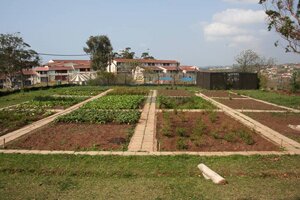 |
 |
||
|
SPCA nursery site
|
Sustainable water tank - SPCA site
|
 |
 |
||
|
Old Nsimbini site
|
Nsimbini - early site visit
|
 |
 |
||
|
Nsimbini - current vegetable beds
|
Nsimbini - fresh organic spinach
|
 |
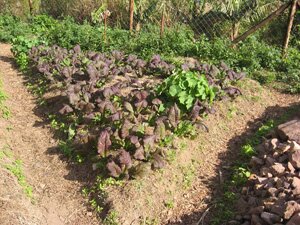 |
||
|
Richard at a herb circle (back to top) |
Nsimbini - very good production
|
|
|---|
 |
 |
||
|
Workshop with women's co-ops
|
Vegetable garden learners
|
 |
 |
||
|
Barrydale - view of nursery
|
Barrydale - womens food garden
|
 |
 |
||
|
Stellenbosch - site visit
|
The Hendricks sisters
|
 |
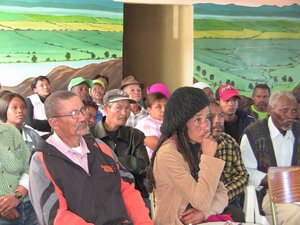 |
||
|
22 July 09 IZWA Launch Josephine Mill - funded by Cida (back to top) |
Emerging farmers and food producers workshop
|
|
|---|
 |
 |
 |
||
|
Almost complete Biodigester
|
Biodigester channel
|
Biodigester almost covered up
|
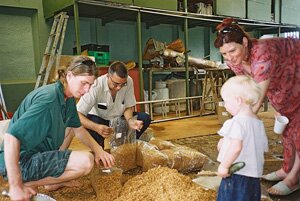 |
 |
||
|
>Mushroom production (back to top) |
Visit by City Officials |
|
|
|---|
 |
|
||
|
EJNF-Waste Workshop
|
Dennis Brutus, Muna Lakhani, Patrick Bond
|
 |
|
||
|
Harvesting water hyacinth (back to top) |
Vermicomposting of water hyacinth |
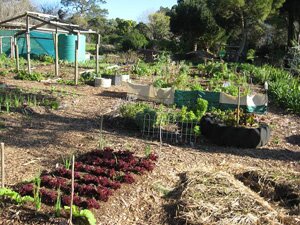 |
|
||
|
Community visit to "Soil For Life" - Western Cape
|
Learning about Organics |
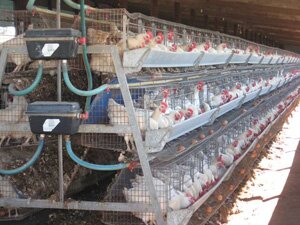 |
|
||
|
Community visit to unsustainable chicken farming
|
Thomas chatting with NW community farmers |
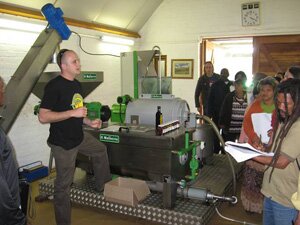 |
|
||
|
Community visit to olive oil production facility
|
Roger Short addressing IWRM worshop NW province |
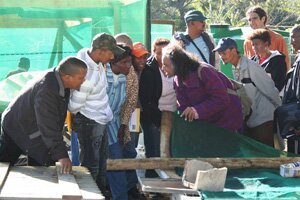 |
|
||
|
Muna discussing worms with the community (back to top) |
Inspecting worm bin made from waste |
 |
|
||
|
IZWA Board Members & DBSA representative at launch
of Local Economic Development Booklet |
Saphira Patel and Nirmala Nair at IZWA launch |
 |
|
||
|
DBSA' Saphira Patel and Muna Lakhani (back to top) |
DBSA and IZWA booklet workshop |
 |
|
||
|
Community radio interview East London
|
Planning session with the city
|
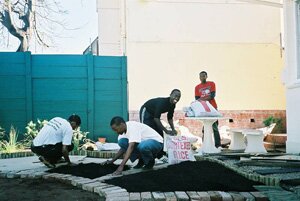 |
|
||
|
Durban students starting a veg garden (back to top) |
IZWA Durban students |
|
|
|---|
 |
|
||
|
Pakistan - Our hosts and VIP's
|
Pakistan support for Zero waste |
 |
|
||
|
>Pakistan public transport (back to top) |
Pakistan children who entertained us |
 |
|
||
|
Biodiesel from algae - DUT Durban
|
Biodigester under construction |
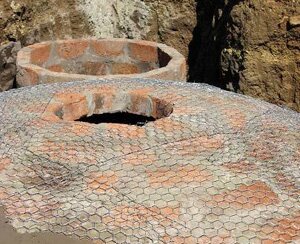 |
|
||
|
Biodigester in detail (back to top) |
Inside the biodigester |
|
Copyright IZWA 2009. All Rights Reserved | Design Studio216 |